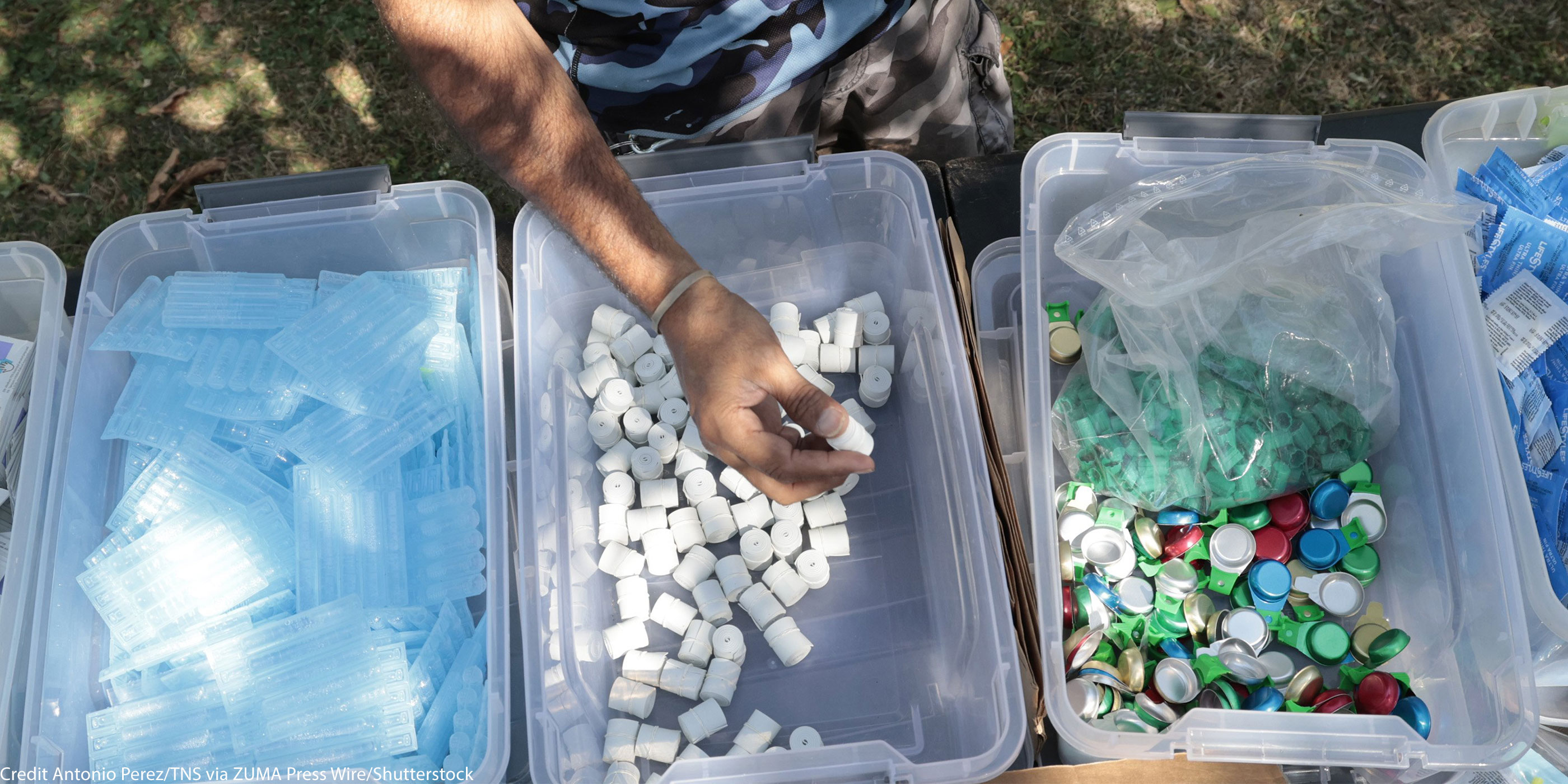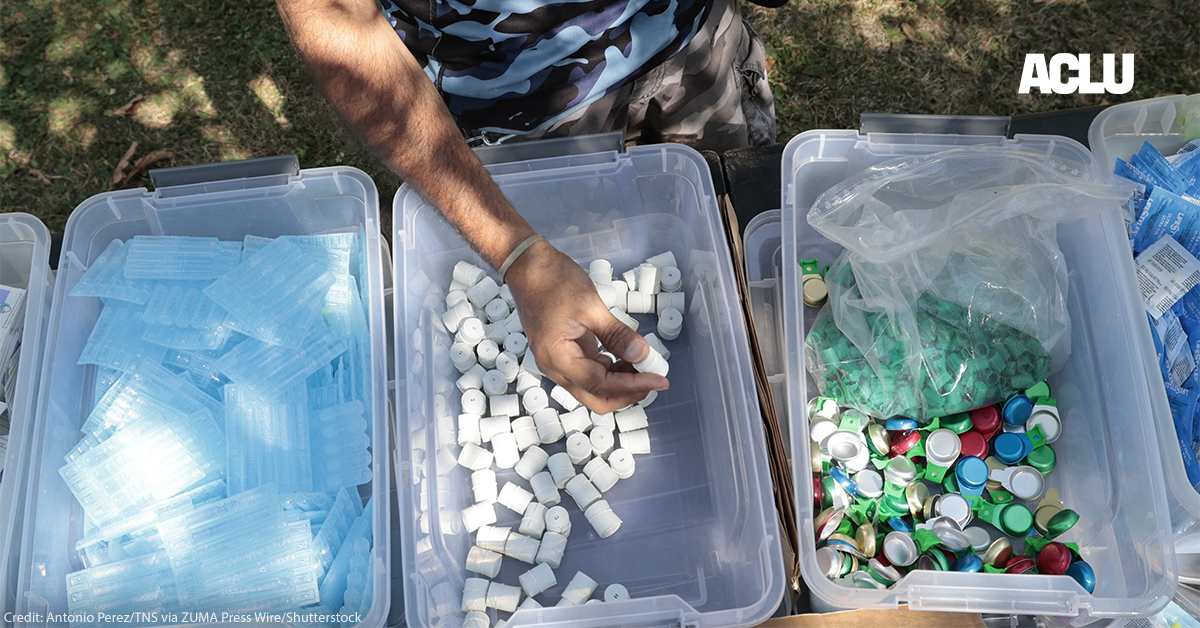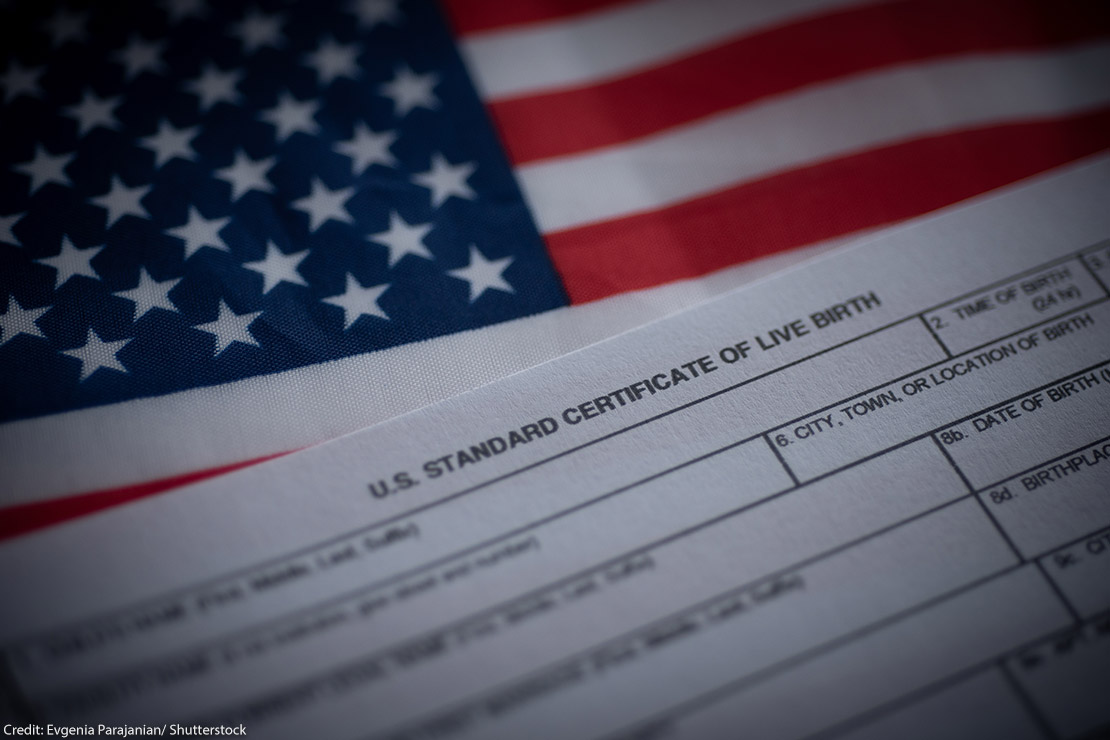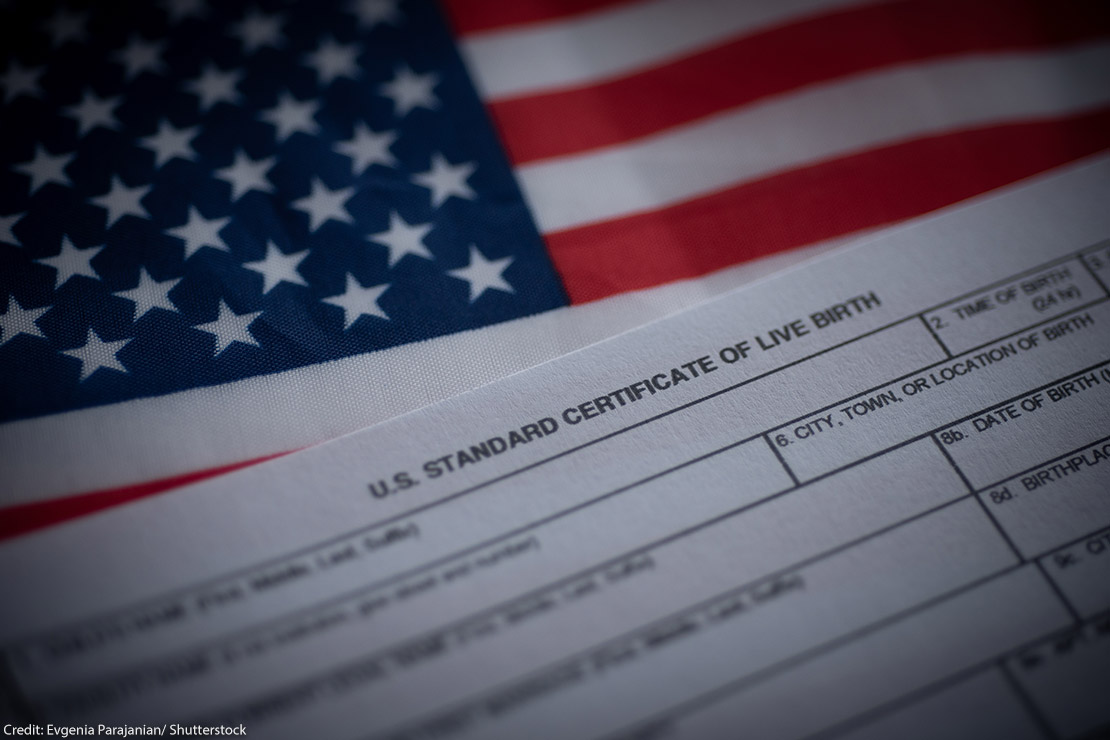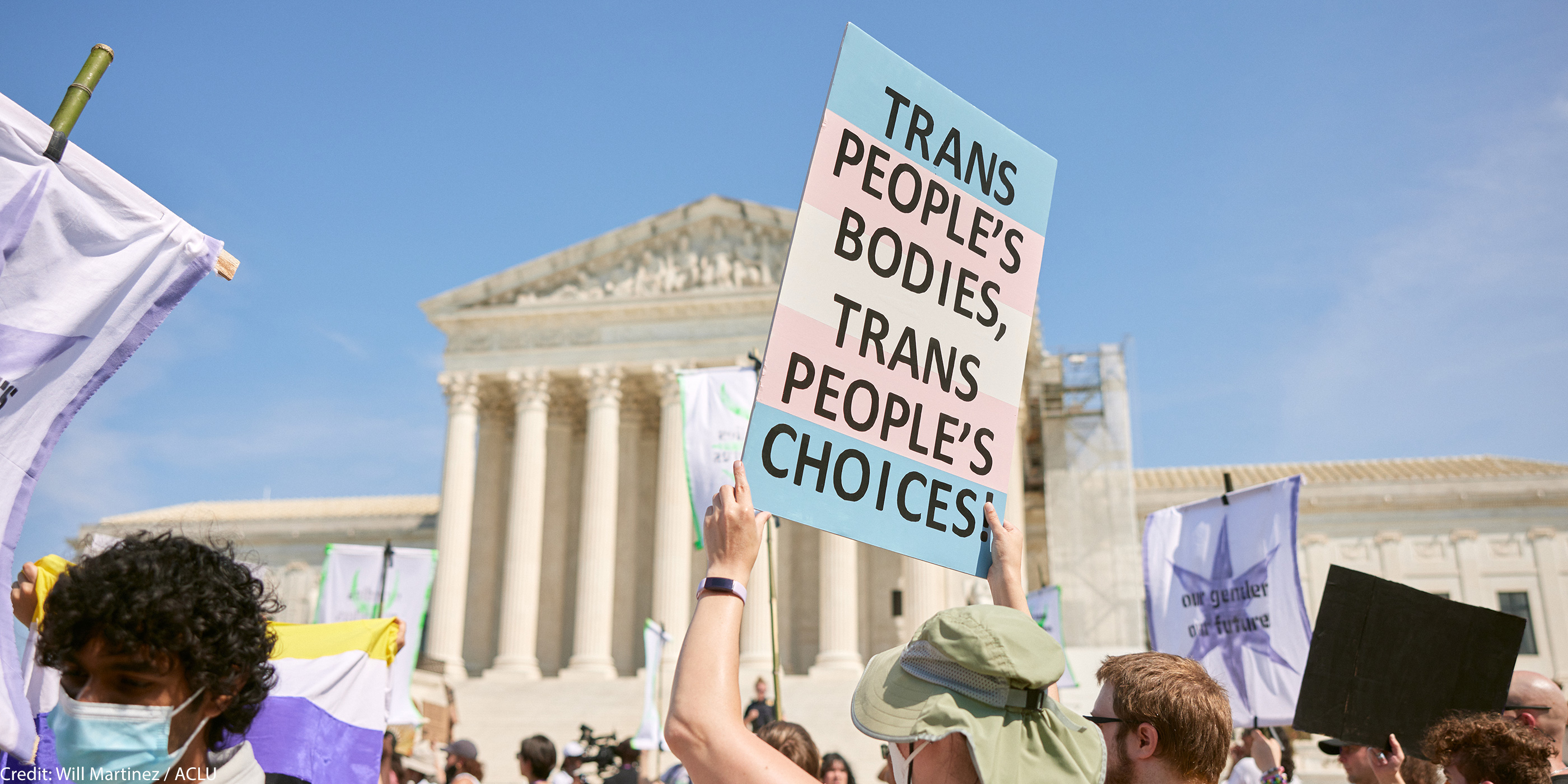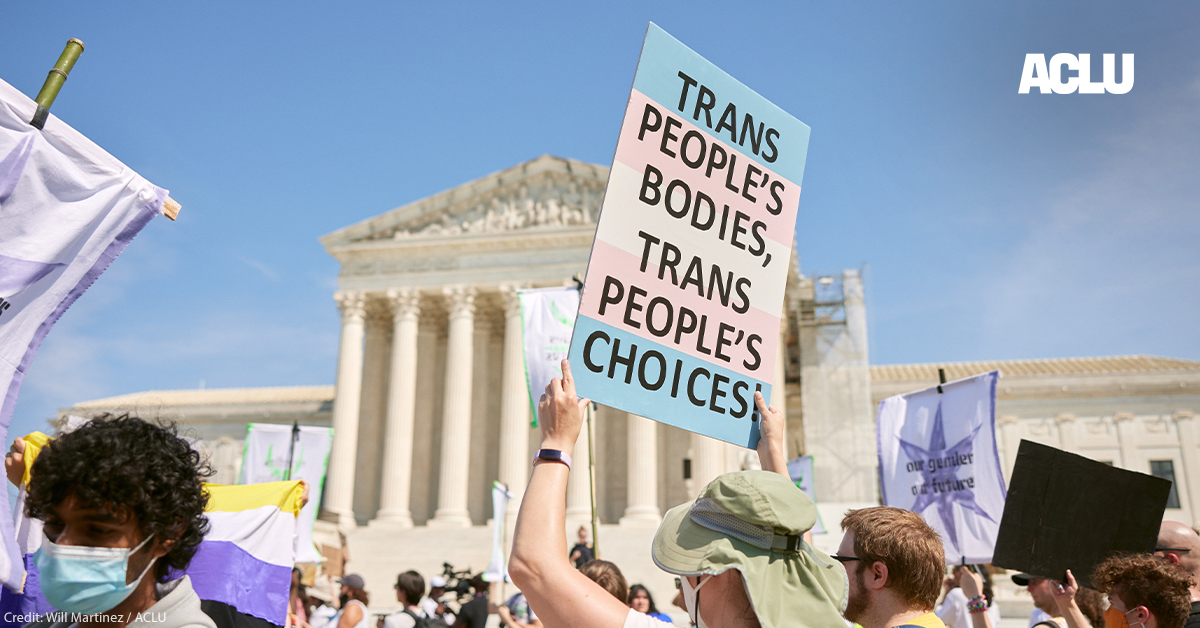In the midst of a nationwide, unprecedented drug overdose crisis, syringe services programs have never been more important. Syringe services programs are community-based programs that provide access to sterile injection equipment and a range of other essential, lifesaving care.
People who use drugs need access to health and social services, not ineffective and disproven war on drugs tactics that rely on arrest and incarceration. Syringe services programs are just one example of how we can meet people where they are, protect public health, and reduce mortality from drug use. This “harm reduction” approach provides people with appropriate care and services, rather than shaming or coercing them into treatment.
The rise of synthetic opioids like fentanyl has left an increasingly dangerous and unpredictable drug supply and as a result, more and more lives have been put at grave risk. For the third straight year, more than 100,000 people in America died from a drug overdose in 2023. Drug-overdose deaths surpassed deaths from both gun violence and car crashes, and remain roughly four times higher than the overdose deaths just two decades ago.
Ordinary people across the nation are courageously stepping up to fight the overdose crisis and save lives. In Pueblo, Colorado, the Colorado Health Network and the Southern Colorado Harm Reduction Association operate the only two syringe services programs in a 50-mile radius. They provide a variety of harm-reduction services to the community, including access to sterile syringes, life-saving naloxone that has reversed hundreds of overdoses in the area, referrals to treatment when people are ready for it, and other health services like vaccinations and STI checks for people who are otherwise underserved by the healthcare system.
Thirty years of extensive research demonstrates that syringe service programs have a multitude of benefits. Participants are five times more likely to go to treatment and three times more likely to stop using drugs than people who use drugs and do not participate in a syringe services program. Access to sterile syringes also decreases the incidence of infectious diseases like HIV and Hepatitis C, while improving public safety by reducing syringe litter.
Despite these overwhelming benefits to both public health and public safety, Pueblo, Colorado chose to ban syringe services programs within city limits, deeming them a “specific nuisance ... detrimental to the health ... of the inhabitants of this City.” This ban led to a dramatic decrease in the number of people able to access sterile syringes – and a host of other needed-services – from local harm-reduction agencies.
The ACLU of Colorado sued the city of Pueblo and, in August, a court invalidated Pueblo’s ordinance, allowing the harm-reduction groups to resume distribution of sterile syringes to participants in their programs. The court held that Colorado state law permitting syringe services programs to operate pre-empted Pueblo’s contrary local ordinance banning them.
Unfortunately, the city of Pueblo is not the only jurisdiction that has enacted discriminatory ordinances. Despite the evidence, some believe that syringe services programs increase syringe litter and encourage drug use, constituting a nuisance to the city. This argument may have some intuitive appeal, but the reality is that the opposite is true — syringe services programs support improved public health and public safety.
To save lives and to address the overdose crisis, we need more syringe services programs and other harm reduction tools, not bans on necessary health care for people who use drugs.
Date
Monday, December 16, 2024 - 1:30pmFeatured image
